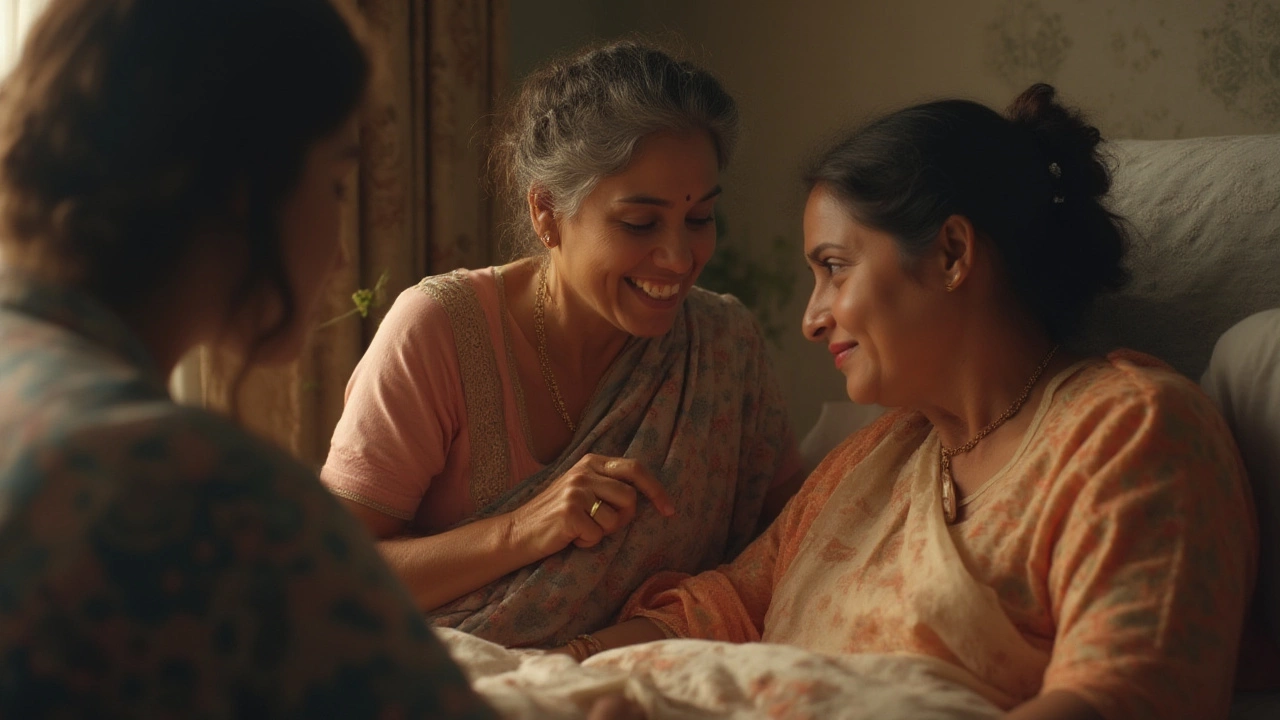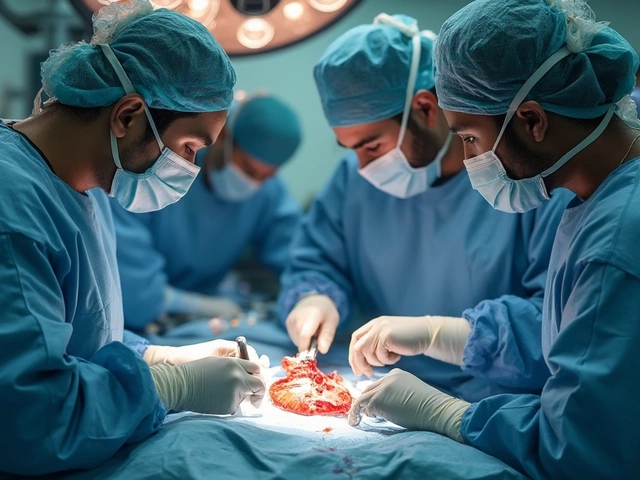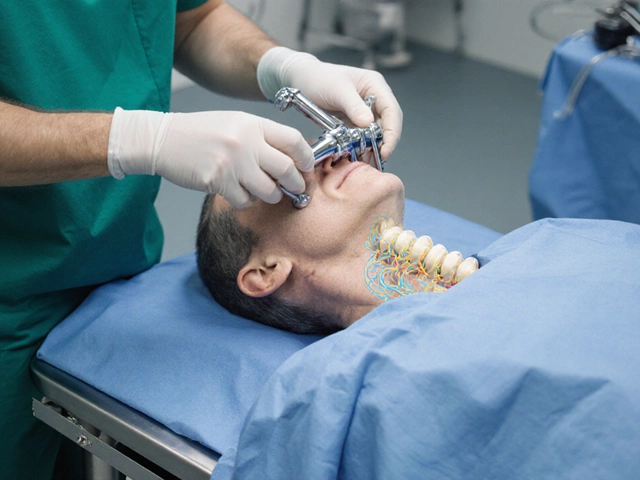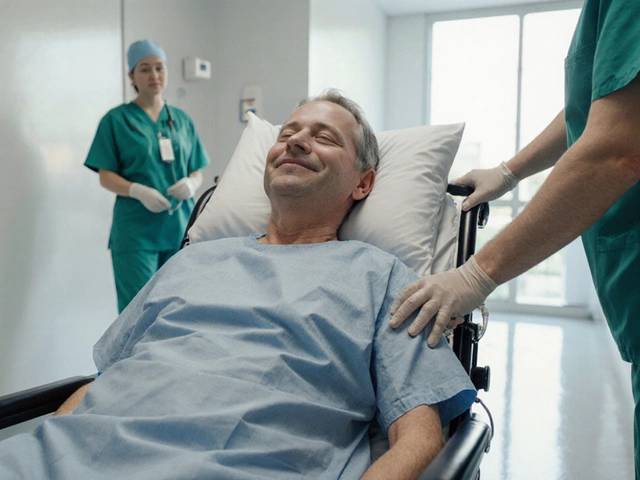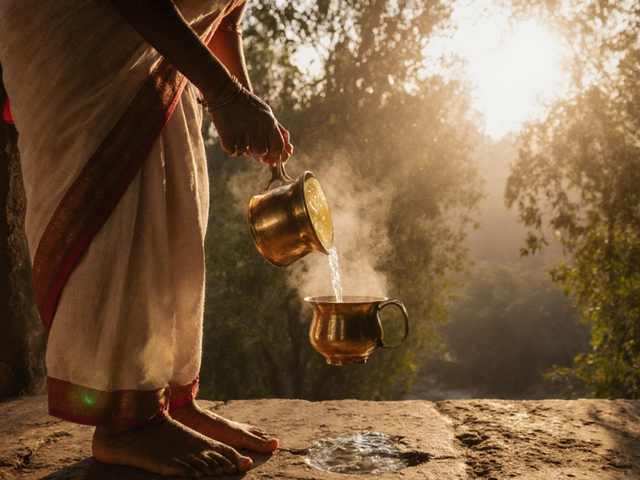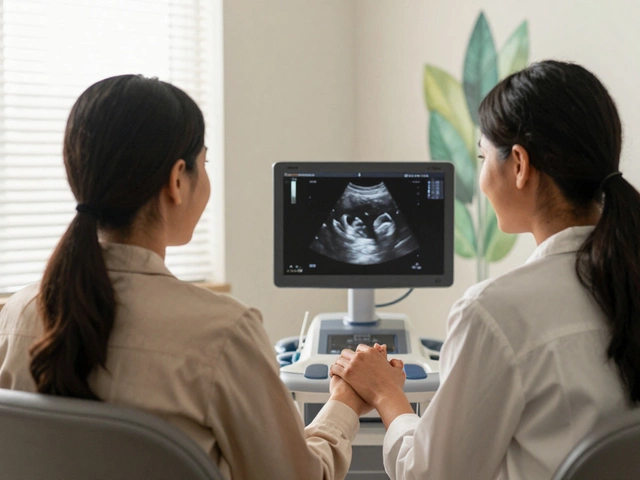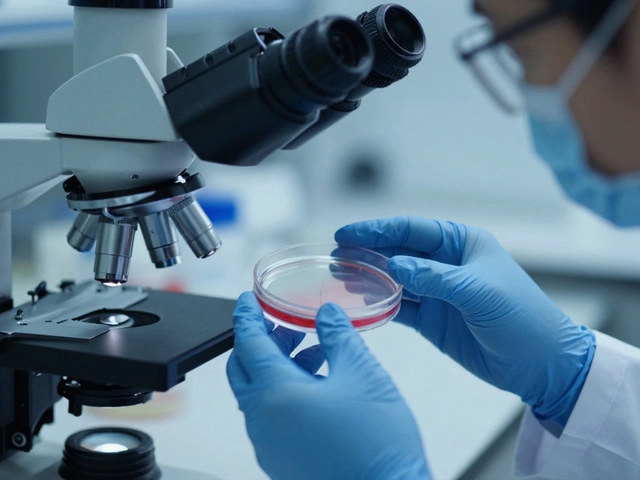Bet you wouldn’t expect something as simple as brushing your teeth to suddenly feel like climbing Mount Everest. But for folks going through chemotherapy, that’s just another day in the thick of it. Here’s the thing: it’s not the infusion day that knocks you down—it’s the days after, when the body is in full reaction mode. People facing cancer often brace themselves for treatment, but few are prepared for what comes in the days after the chemo chair. The real challenge is invisible. It sneaks up on you in waves: fatigue, nausea, fiery mouth sores, and sometimes anxiety that won’t let you sleep. These hardest post-chemo days can hit like clockwork, but they still manage to catch people off guard. This isn’t about doom and gloom, though. There’s a rhythm to it, and if you know what’s coming, you can gear up and fight better.
Why Are The Days After Chemo So Unbearable?
Chemo drugs don’t care about timing—they just go to war inside your body, guns blazing. Sure, they target cancer cells, but healthy ones get hit too, especially fast-growing types like hair, blood, and tummy cells. This “collateral damage” doesn’t always show on the day of the infusion. It usually peaks between day 2 and day 5 after each treatment session. That’s when your body really starts to feel the effects. Most folks describe the exhaustion as bone-deep—no nap in the world can shake it off. Even eating a sandwich can feel like running a marathon, and smells you once loved might suddenly make you gag.
Here’s an interesting fact: In a 2023 study at Memorial Sloan Kettering Cancer Center, 73% of patients reported days 3-5 after chemo as their most difficult, rather than the day of treatment itself. That’s not because the drugs peak then—it’s because your immune system and digestive tract start reacting, and blood counts often drop. White cells and platelets fall fast, leaving you open to infections or bruises from even the lightest bumps.
Nausea is another beast that comes out strong during this window. It’s not always predictable, and anti-nausea meds are hit or miss. Dry mouth, “metallic” or odd tastes, headaches, and mouth ulcers (called mucositis) often appear. If you’re wondering, yes, some chemo drugs are worse than others—cisplatin and doxorubicin are famous for their kick-in-the-gut side effects.
But chemo doesn’t just work inside your body. It messes up your sleep, digestion, emotions, and even your skin. Taste may vanish; foods can taste like cardboard or, sometimes, just weird. Your favorite brew? Suddenly disgusting. It can feel like you don’t know your own body anymore.
It’s not just about physical annoyances. The hardest days after chemo are loaded with anxiety for a lot of people—will this round hit harder? Is that fever normal? Will I get through this? It’s no wonder people fear those days more than the actual treatment itself.

What Happens During The Toughest Chemo Recovery Days?
If you stare at the calendar each cycle, waiting for the storm to hit, you’re not alone. Here’s what a typical post-chemo stretch can look like, based on stories from real patients.
- Day 1 (Treatment Day): You’re in the chair, maybe bored, maybe anxious. You feel okay afterwards for a while—thanks, steroid pre-meds.
- Day 2: Some people still feel the steroids carrying them through the day. But the first wave of tiredness starts to hit. Mouth and stomach may feel a bit off.
- Day 3–5: “Peak misery” for most folks. Fatigue sets in. Appetite disappears. Headaches, joint pain, nausea, and weird mouth sores might show. Even hiccups or muscle cramps are common. You may catch chills or low fever—if it’s higher than 100.4°F (38°C), that actually needs quick attention.
- Day 6: For some, symptoms are still rough. But by day 7, things often start easing as your body rebuilds and adjusts.
The fatigue on these days is unlike typical tiredness. People often say it’s like poison in their bones—it doesn’t lift, even with rest. It’s tough to describe until you feel it yourself. One reader once told me opening an email was too much effort after his third round of chemo—that’s how real the crash can be. Lying in bed, everything aches, but the mind might be wired and anxious. It’s a double whammy.
Mouth sores can make eating impossible. Even water stings. Some folks get constipated from steroids or anti-nausea meds, while others get diarrhea from destroyed gut bacteria. After several cycles, nails turn dark, skin dries up, and hair thins or falls out completely. Every round chips away at your reserves—it’s like a battery running flatter and faster each time.
Sleep rarely comes easily. The steroids that stave off nausea drum up insomnia and restlessness. Add night sweats and anxiety, and you’re lucky to snatch a few restless hours in a row. Plus, around day 7–10, your immune system is weakest. Any tiny fever or cough gets amplified—cat naps get interrupted by worry.
Here’s another eye-opener: More than half of chemo patients develop “chemo brain,” trouble focusing, remembering, or keeping track of words. It’s not laziness. It’s real chemical fallout, and it can show up for weeks after treatment. Even after the worst days physically fade, this mental fog makes recovery a slow road.
The emotional load is heavy, too. Many people feel isolated, sad, or just frustrated that their body doesn’t cooperate. Frustration grows when family or friends don’t really “get” what those days are like. Sometimes couples or housemates get frustrated with each other. Tiny things—a visitor, an extra question—can tip someone into tears or anger. It’s human and nothing to be ashamed about.
But don’t forget: Everyone is affected differently, depending on their exact drugs, age, and baseline health. Some mornings will surprise you—you may wake up okay for a few hours, and then crash by mid-afternoon. Others have one rough day, then bounce back. Chemo is a wild card. But the hardest days after chemo, for most, cluster around the middle of each cycle—especially days 3 to 5.
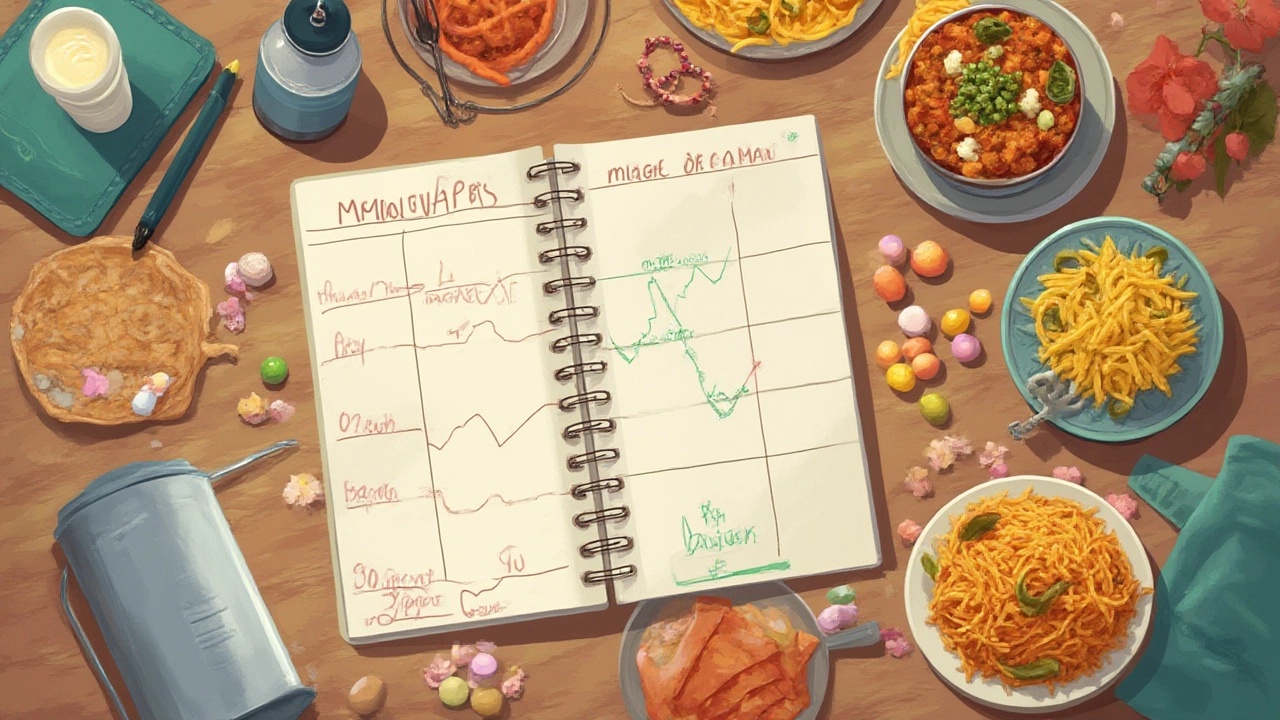
Real-World Tips For Surviving The Hardest Chemo Days
Here’s the good news: while you can’t always skip the rough patch, there’s a lot you can do to make those days suck less. It comes down to being prepared, recruiting help, and keeping things simple. Forget toughing it out in silence. Small cheats and hacks really add up.
- Prep in advance: Make meals when you’re feeling okay—frozen soups, smoothies, bland foods like mashed potatoes, and broths are winners. Have ginger chews, saltines, or electrolyte drinks ready for nausea. Stock soft toothbrushes and gentle mouthwashes to fight mouth sores.
- Stay ahead of meds: Don’t wait until nausea or pain hits—take prescribed meds on a strict schedule. Keep a log if you have to, since “chemo brain” messes with memory.
- Hydration matters: Even when it’s tough, sip water or sports drinks throughout the day. Dehydration makes fatigue, headache, and dizziness worse.
- Chill out on pressure: Give yourself permission to nap, binge TV, or do nothing guilt-free. Accept help, even if you’re usually the helper. Friends and family actually want to pitch in—they just need to know how.
- Prevent infection: Wash hands like a surgeon and avoid crowds. Use hand sanitizer liberally. Anyone with sniffles should keep their distance, and don’t be afraid to ask visitors to mask up during your lowest immune days.
- Babysit your mouth: Rinse with baking soda and salt water every few hours. Suck on ice chips to numb the mouth after treatment. Avoid spicy or citrus foods—go bland, think applesauce and pasta.
- Fight constipation early: If you notice you’re getting stopped up, don’t wait. Use stool softeners (ask your oncologist for safe options), prune juice, and high-fiber snacks if you can stomach them.
- Gentle movement: On decent days, shuffle around the house—don’t push too hard, but don’t plant yourself in bed all day. Light walks can actually help with energy and mood.
- Light and distraction: Some people swear by music, podcasts, or funny shows to tune out rough symptoms. Keep sunlight coming in wherever you rest; it helps the body clock recover and can lift mood.
- Mental breaks: If anxiety hits, try deep breathing, meditation apps, or call someone you trust. Don’t brush off your mental state—it’s just as real as any physical symptom.
Some folks also use cooling caps to protect hair, or ice mittens to reduce nerve changes (especially if on drugs like paclitaxel). If you have any burning, tingling, or numbness in fingers or toes, tell your oncology team fast. Nerve problems can linger unless caught early.
Most importantly: ask lots of questions. Your team has seen every side effect under the sun, and they have tricks you won’t read in a pamphlet. If a lesser-known herbal remedy, food swap, or activity helps, jot it down—what works one round may be different the next. And if a fever, trouble breathing, or confusion hits, don’t tough it out. Call the care team or head to urgent care quickly. These aren’t normal chemo annoyances—they signal something more serious.
Family and friends can play a critical role—but sometimes, you’ll need to ask them for space or specific help. “No visitors today” is a fair message. So is “Could you walk the dog?” Nobody expects you to handle it solo. And if you’re a caregiver, listen to signals—they may want to talk, or just need peace and quiet in the worst hours.
And remember that every round teaches you a little more about your own body. The unpredictability doesn’t last forever. As you cross into later cycles, you might learn to catch early warning signs and adjust your routine to dodge the worst misery. It’s survival, not superhero strength. People going through chemo are tough, even on days when getting dressed feels like a win.
The hardest days after chemo are just that—hard. But knowing what’s coming, and having some real strategies, makes them a bit less overwhelming. Healing does happen, even if it moves at a crawl. Those tough days don’t define you or your journey—they’re just a brutal patch on the road to feeling human again. If you made it through today, you’re already beating the odds. Hang in there.
